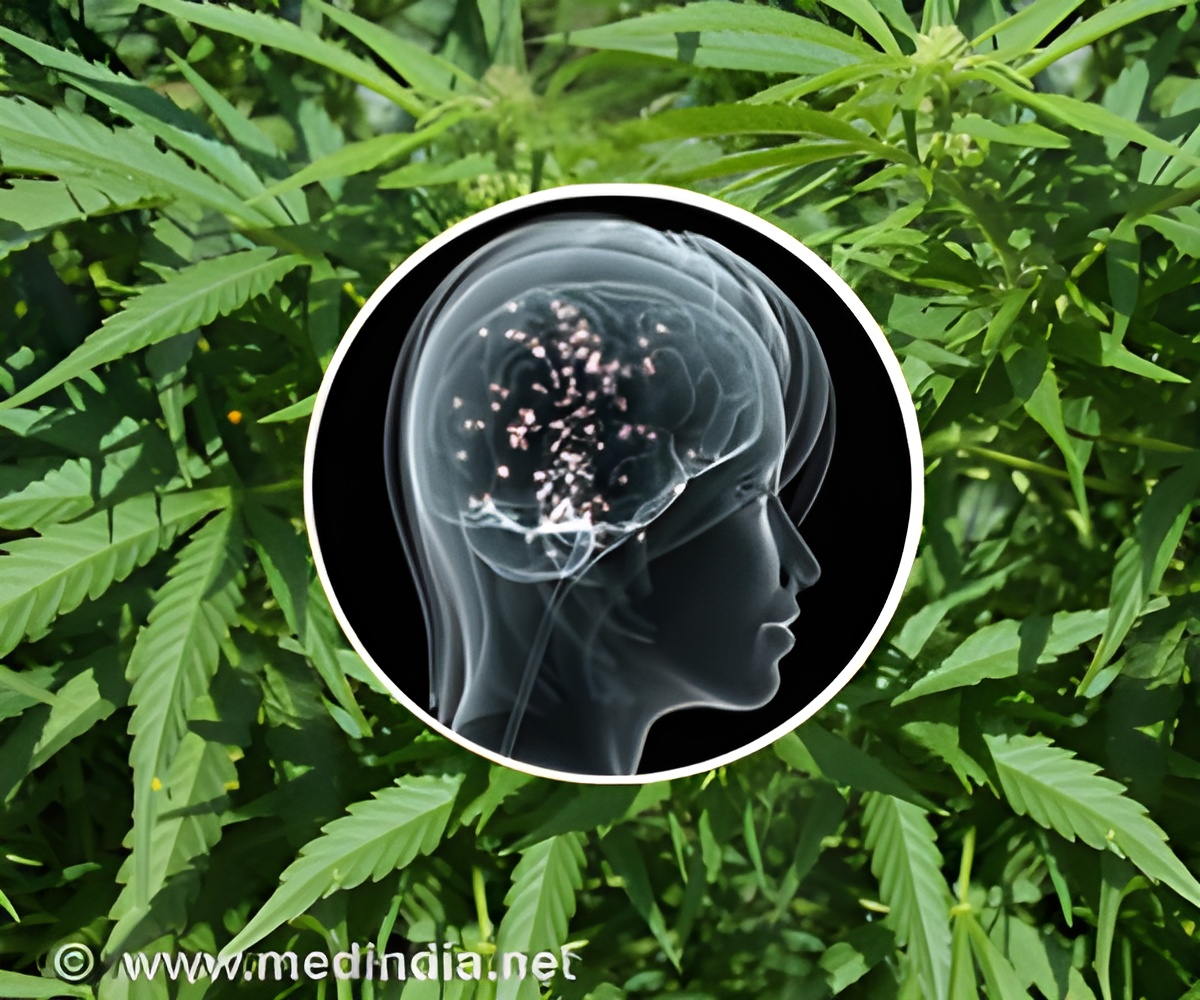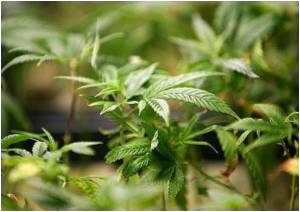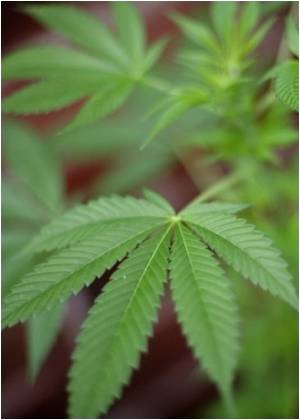Herbal cannabis is now being used as a treatment option for patients suffering from rheumatic conditions

"With the public outcry for herbal cannabis therapy, governments around the world are considering its legalization for medicinal use," explains lead investigator Dr. Mary-Ann Fitzcharles, a researcher and rheumatologist at the McGill University Health Centre (MUHC) and the Research Institute of the MUHC in Quebec, Canada. "Physicians caring for patients who are self-medicating with marijuana need to understand the health implications of using this drug. Our study aims to provide health care professionals with that medical evidence related to medical marijuana use in patients with rheumatic conditions."
In the U.S. twenty states, including the District of Columbia (DC), have legalized cannabis for medical purposes. The present study examines the dosing, administration, efficacy and risks of herbal cannabis in pain management for patients with rheumatic conditions. The health issues with recreational marijuana use in this patient population are not covered.
Concentrations of tetrahydrocannabinol (THC)—the substance found in Cannabis sativa that provides pain relief and alters brain function (psychoactive effect)—vary in the plant material by up to 33% and absorption rates are between 2% and 56%, making the dosing of herbal cannabis unreliable. While cannabis may be ingested, most users prefer to inhale the compound for a quicker response. However, smoking a "joint" is not recommended by the medical community due to adverse effects on the respiratory system from hydrocarbons, tar and carbon monoxide.
Furthermore, there is no formal short-term or long-term study of the effectiveness of herbal cannabis in patients with rheumatic diseases. Studies that show good efficacy of cannabinoids for cancer and neuropathic pain may not be extended to rheumatic diseases because of the differing mechanism in the types of pain.
The study authors highlight that use of medical marijuana comes with inherent risks such as compromised cognitive and psychomotor function. Long-term use of cannabis may lead to mental illness, dependence, addiction and memory issues. In fact, a prior U.S. study of 8,000 adults who used cannabis in the previous year found that the odds of depression were 1.4 times higher in cannabis users compared to non-users.
Advertisement
Advertisement














